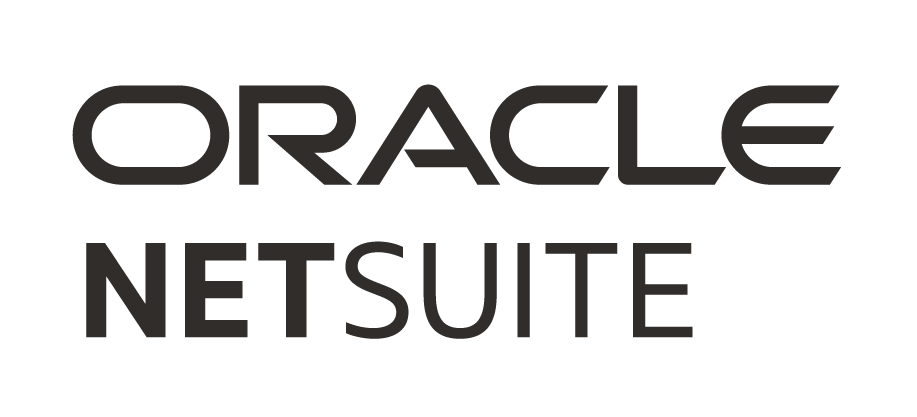How AI and Blockchain are Transforming the Role of CFOs
A post-pandemic world thrown into further disarray by geopolitical uncertainties has combined to create a perfect storm of challenges for chief financial officers (CFOs). AI and Blockchain has become a game changer for the CFOs to manage their businesses.
CFOs have had to play the cards they’ve been dealt, pulling financial and operational levers like never before to ensure their organisations survive and thrive.
However, the emergence of technologies such as blockchain and artificial intelligence (AI) serve as new artillery for businesses to equip themselves and help CFOs focus on mission-critical tasks.
Below, we give a brief introduction to what artificial intelligence (AI) and blockchain are, how they accentuate the features of cloud enterprise resource planning (ERP) systems and the changes these will bring to the role of CFOs.
The Emergence of Blockchain Technologies and Artificial Intelligence (AI)
What are AI and Blockchain?
AI refers to the simulation of human intelligence in machines, enabling them to perform tasks that would otherwise require human intelligence, such as learning, problem-solving, and decision-making. AI encompasses a range of technologies that include machine learning, natural language processing, and computer vision.
Blockchain is a decentralised and secure digital ledger technology that records transactions across a network of computers. It ensures transparency and immutability by storing data in blocks linked together, making it resistant to tempering. This technology has applications in finance and accounting process management, supply chain management, and a variety of other fields.
How AI and Blockchain Can Help Your Finance and Accounting Process Management
Through AI, you will be able to spot patterns and anomalies and derive insights that can improve decision-making. AI brings the capability to analyse large volumes of financial data and can also help automate tedious, manually managed finance processes such as invoicing, expense report auditing, and revenue forecasting.
Blockchain technology enhances financial processes by offering a transparent, decentralised record-keeping system that accelerates transaction validation, eliminates reconciliation, and reduces settlement times, leading to improved customer satisfaction and reduced capital requirements.
AI-Powered ERP vs Traditional ERP
An AI-powered cloud ERP system such as Oracle NetSuite incorporates predictive analytics and machine learning to uncover insights from financial data. This enables continuous monitoring of KPIs and adaptive forecasting capabilities beyond traditional ERP.
Traditional ERPs lack predictive abilities and rely on static reporting, limiting the analytical insights finance teams can derive from data.
Blockchain-Powered ERP vs. Traditional ERP
A blockchain-powered cloud ERP system establishes a shared ledger across parties, enabling transparent and validated transitions without the need for reconciliation. An industry-leading cloud ERP system such as Oracle NetSuite incorporates blockchain to settle transactions faster and reduce capital needs.
On the other hand, the widely available, non-true-cloud, traditional ERP systems rely on a centralised database and batched processing, lacking the transaction visibility that blockchain provides between trading partners.
Blockchain also inherently incorporates cryptographic hashing, which is automatically integrated and is the feature responsible for the immutability of the blockchain ledger.
How CFOs Benefit from AI-Powered and Blockchain-Powered Cloud ERP Systems
Continuous Closing
Thanks to cloud ERP systems, the monthly financial close is now a continuous process with real-time visibility into financial data. This allows CFOs to spot issues quickly and correct them immediately. Automated revenue recognition also simplifies compliance.
Harnessing AI
Artificial intelligence and machine learning will provide CFOs with enhanced data analysis capabilities to spot patterns and derive insights. Cloud ERP systems are starting to incorporate these technologies to recommend actions based on financial data.
Leveraging Blockchain
Blockchain offers simplified transaction validation between parties and can eliminate reconciliations. It provides a single source of truth for accounting data. CFOs can leverage blockchain to settle transactions faster and reduce capital needs.
In a NutSell
Groundbreaking technologies like AI and blockchain enhance productivity, produce critical insights, and automate tedious manual tasks while ensuring security, transparency, and efficiency. Threats from data tampering, fraud, and cyberattacks can be negated using these technologies.
A cloud ERP system like Oracle NetSuite offers flexibility and scalability that empower CFOs to manage evolving business demands and reduce errors with the help of AI-driven insights.
Moreover, Oracle NetSuite’s commitment to governance, risk, and compliance (GRC) ensures audit-ready financial solutions, fostering transparency while adhering to regulatory requirements. For fast-growing businesses expanding to external markets, Oracle NetSuite facilitates the management of multi-currency and multilingual operations, ensuring efficient subsidiary growth.

